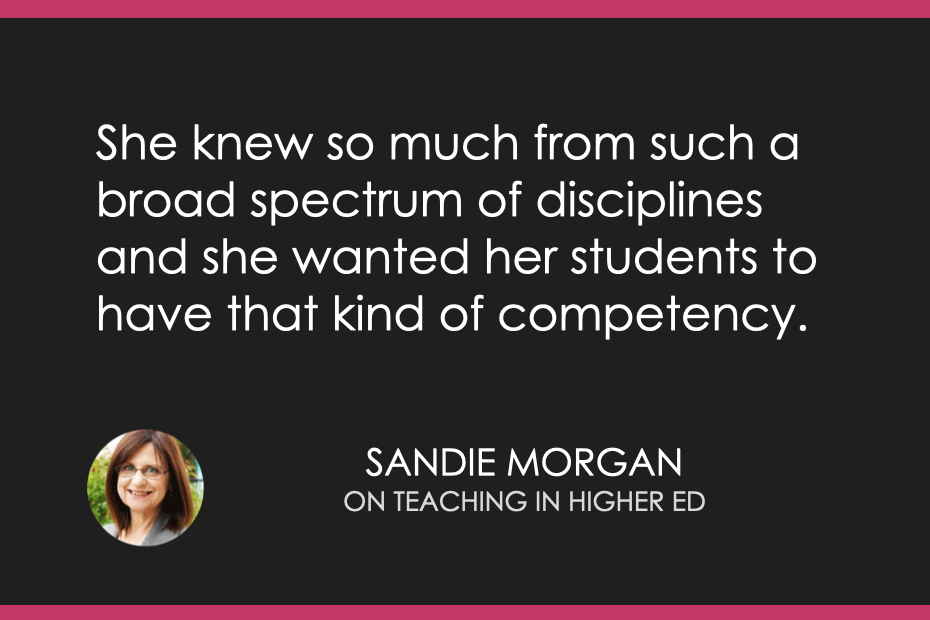Episode: How to craft and communicate a simple science story
Pub date: 2020-07-17

Ditch jargon, keep sentences short, stay topical. Pakinam Amer shares the secrets of good science writing for books and magazines.
In the final episode of this six-part series about science communication, three experts describe how they learned to craft stories about research for newspaper, magazine and book readers.
David Kaiser, a physicist and science historian at Massachusetts Institute of Technology and author of the 2012 book How the Hippies Saved Physics, tells Amer how he first transitioned from academic writing to journalism. “This kind of writing is different from the kinds of communication I had been practising as a graduate student and young faculty member.
“It took other sets of eyes and skilled editors to very patiently and generously work with me, saying ‘These paragraphs are long, the sentences are long, you’ve buried the lede.’ It was quite a process, quite a transition. It took a lot of practice to work on new habits.”
David Berreby runs an annual science writing workshop at the Marine Biological Laboratory in Woods Hole, Massachusetts. He adds: “One of the hardest things for scientists to do is to tell a story as they would to a friend on campus. If you run into someone in the hall you say ‘Hey, the most surprising thing happened….’
“Generally your instinct for how you would tell someome informally is a good guide. This is hard for scientists as it’s been trained out of them. They have been trained to formalise and jargonise.”
Beth Daley, editor of the The Conservation US, an online non-profit that publishes news and comment from academic researchers and syndicates them to different national and regional news outlets, describes how she and her colleagues commission articles.
After a daily 9am meeting, they issue an ‘expert call out’ seeking comment on that day’s news stories.
Her team also receives direct pitches from academics. “The question I always ask scientists is ‘What is it about your work that can be relevant for people today?” she says.
See acast.com/privacy for privacy and opt-out information.
The podcast and artwork embedded on this page are from Nature Careers, which is the property of its owner and not affiliated with or endorsed by Listen Notes, Inc.







